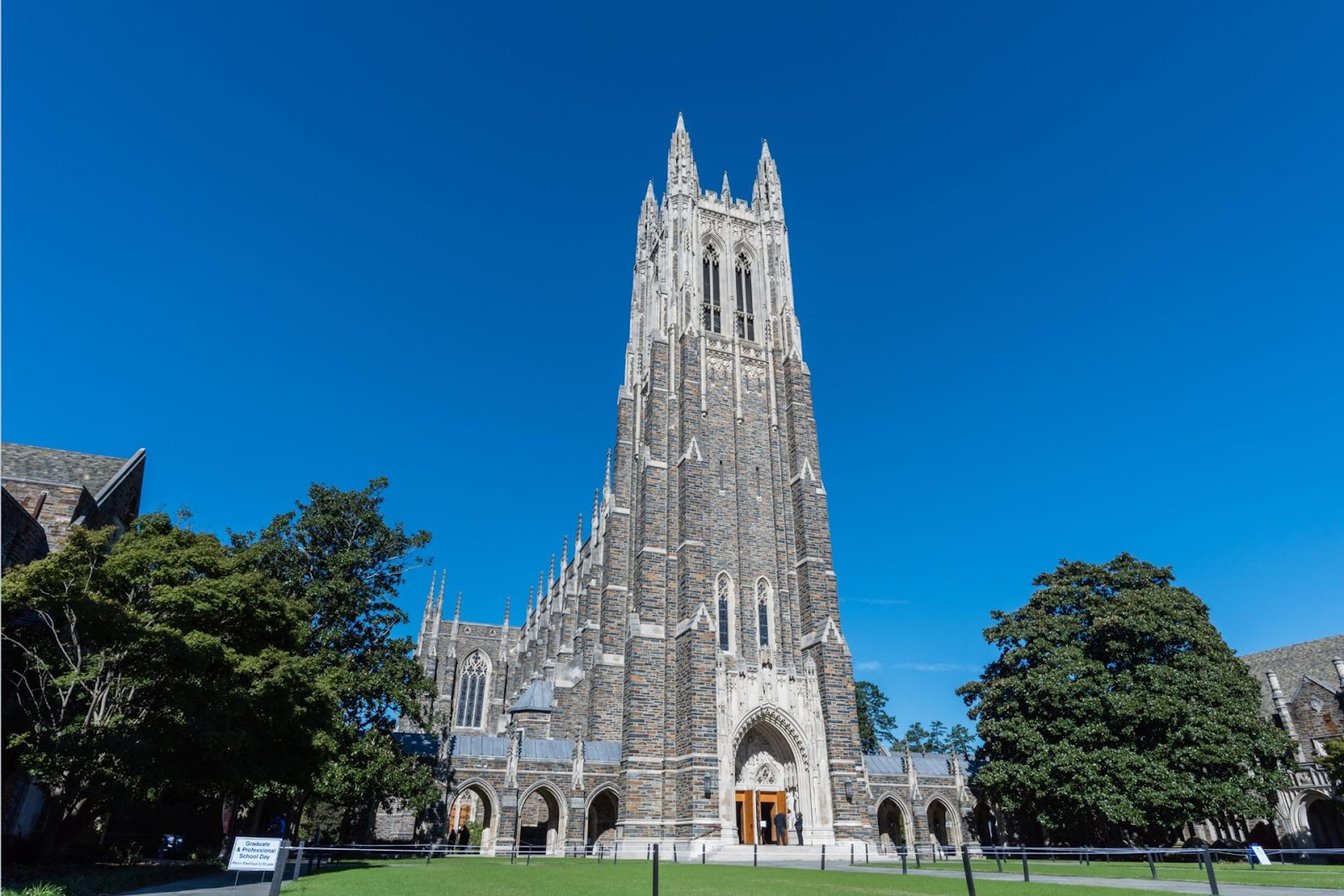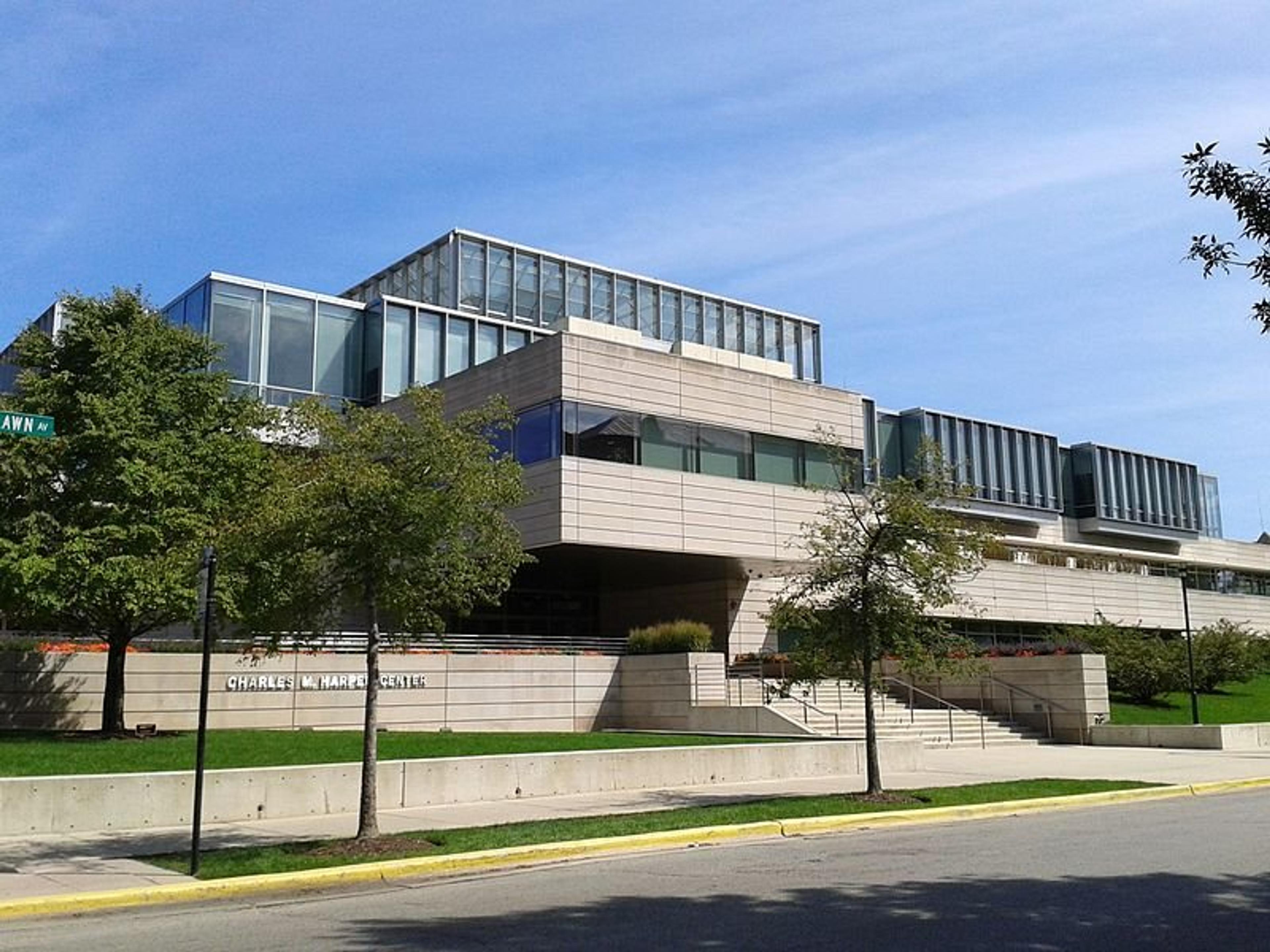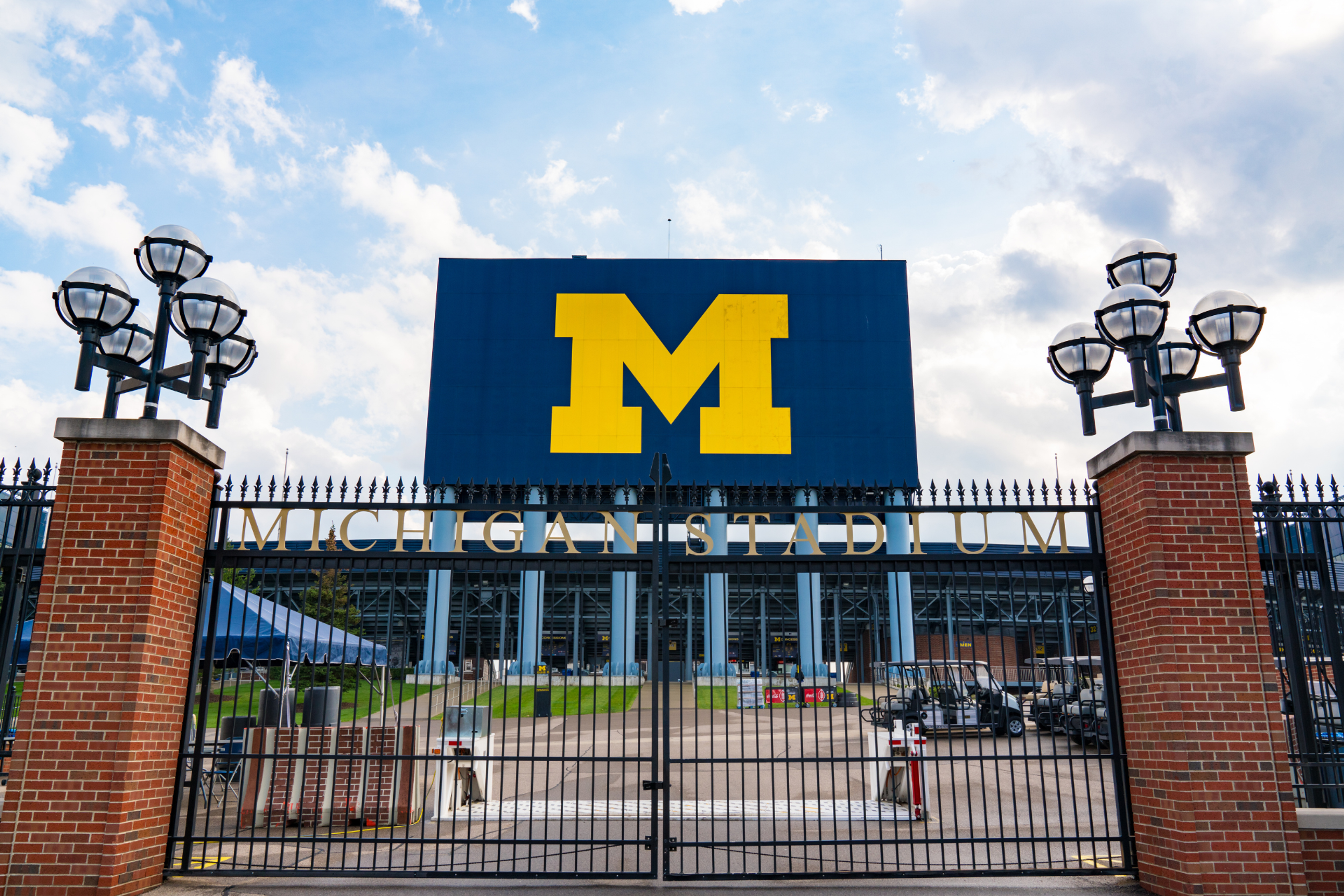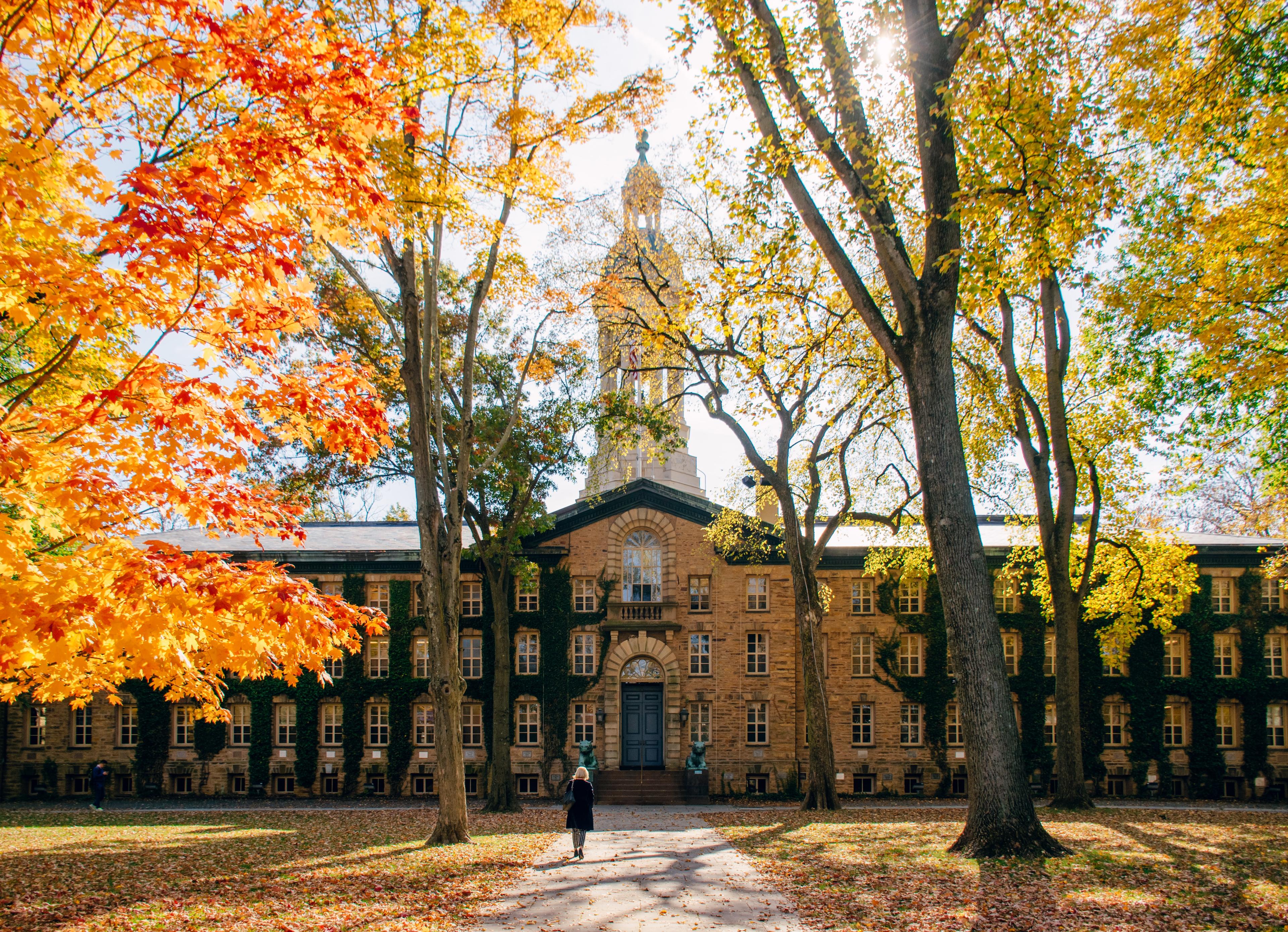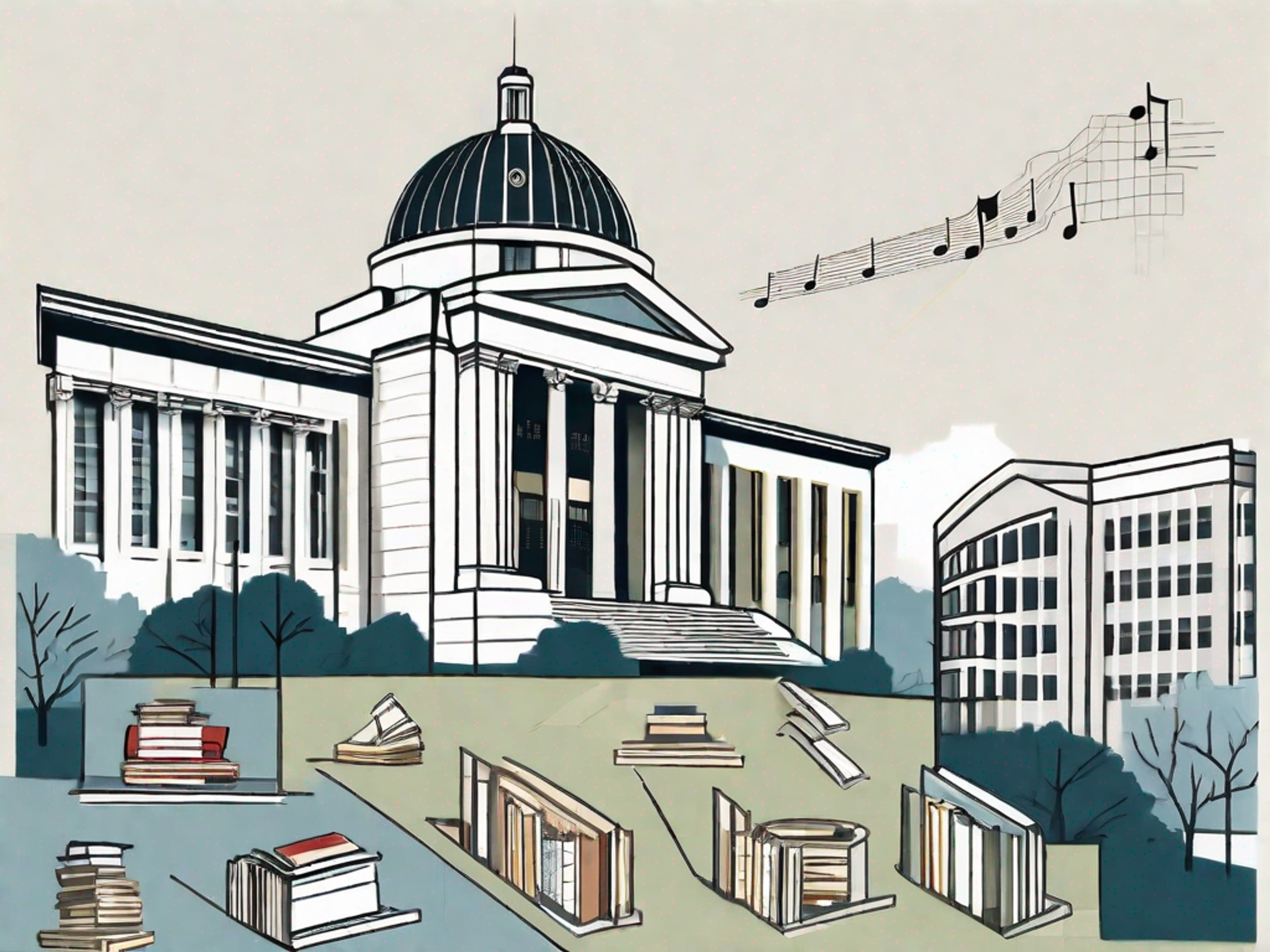
Table of Contents
Carnegie Mellon University, located in Pittsburgh, Pennsylvania, is a renowned institution known for its strong emphasis on interdisciplinary education and cutting-edge research. With a rich history spanning more than a century, the university has garnered a reputation for excellence in various fields, attracting talented students from all around the world. In this comprehensive overview, we will delve into the college application process at Carnegie Mellon University, explore the diverse range of undergraduate programs offered, and provide valuable insights into campus life, scholarships, career services, and more.
Introduction to Carnegie Mellon University: History, Reputation, and Unique Qualities
Carnegie Mellon University, founded in 1900 through a generous endowment from industrialist Andrew Carnegie, has a rich history that has shaped its present-day reputation as a world-class research institution and a hub for innovation across disciplines.
Andrew Carnegie, a visionary philanthropist, believed in the power of education and sought to create an institution that would prepare students for the rapidly changing world. His endowment laid the foundation for what would become one of the most prestigious universities in the world.
Over the years, Carnegie Mellon University has embraced its founding principles and evolved to meet the demands of the modern era. Today, it stands as a testament to the enduring legacy of its founder and the unwavering commitment to excellence.
One of the key factors that sets Carnegie Mellon University apart is its unique integration of technology and the arts. This distinctive approach has resulted in the creation of groundbreaking programs that combine robotics, computer science, drama, and design.
Imagine a student studying computer science who also has the opportunity to explore their passion for theater or design. This interdisciplinary approach not only fosters creativity and innovation but also equips students with a well-rounded skill set that is highly sought after in today's competitive job market.
Furthermore, Carnegie Mellon University's commitment to excellence is reflected in its consistent presence on lists ranking the top universities globally. Year after year, the university's rigorous academic programs, distinguished faculty, and state-of-the-art facilities contribute to its standing as a leading institution for higher education.
Students at Carnegie Mellon University benefit from an environment that encourages intellectual curiosity, collaboration, and hands-on learning. The university's faculty, comprised of world-renowned experts in their respective fields, are dedicated to fostering a culture of innovation and pushing the boundaries of knowledge.
Moreover, the university's state-of-the-art facilities provide students with access to cutting-edge technology, research laboratories, and performance spaces. Whether it's conducting experiments in advanced robotics labs or rehearsing for a theater production in a state-of-the-art theater, students have the resources they need to excel in their chosen fields.
As a result of its commitment to innovation and interdisciplinary collaboration, Carnegie Mellon University has become a magnet for talented individuals from around the world. The university's diverse student body brings together individuals with different backgrounds, perspectives, and areas of expertise, fostering a vibrant and inclusive community.
In conclusion, Carnegie Mellon University's history, reputation, and unique qualities make it a truly exceptional institution. From its humble beginnings as an endowment from Andrew Carnegie to its current status as a global leader in education and innovation, the university continues to push the boundaries of knowledge and prepare students to make a meaningful impact in the world.
Comprehensive List of Undergraduate Programs Offered at CMU
Carnegie Mellon University offers a diverse array of undergraduate programs across its seven colleges and schools: College of Engineering, College of Fine Arts, Dietrich College of Humanities and Social Sciences, Mellon College of Science, School of Computer Science, Tepper School of Business, and Heinz College of Information Systems and Public Policy.
Students at CMU have the flexibility to pursue a single major or explore multiple areas of study through double majors or minors. The university's interdisciplinary approach encourages collaboration and fosters innovation, preparing students to excel in their chosen fields while adapting to the rapidly changing demands of the professional world.
The College of Engineering at CMU is renowned for its cutting-edge research and rigorous academic programs. Students have the opportunity to delve into various engineering disciplines, such as mechanical engineering, electrical and computer engineering, civil and environmental engineering, and biomedical engineering. The college's state-of-the-art facilities and dedicated faculty provide students with hands-on experiences and real-world applications of their knowledge.
The College of Fine Arts offers a vibrant and dynamic environment for students passionate about the arts. From visual arts to drama, music to design, students can explore their creativity and develop their artistic skills. The college's faculty consists of accomplished artists and performers who guide students in honing their craft and preparing for successful careers in the arts industry.
The Dietrich College of Humanities and Social Sciences provides a comprehensive education in the liberal arts, fostering critical thinking, effective communication, and a deep understanding of human behavior and society. Students can choose from a wide range of majors, including psychology, economics, international relations, and creative writing. The college's interdisciplinary approach encourages students to explore connections between different fields of study and develop a well-rounded perspective.
The Mellon College of Science offers rigorous programs in the natural sciences, including biology, chemistry, physics, and mathematics. Students engage in hands-on research and have access to state-of-the-art laboratories and equipment. The college's faculty are leading experts in their respective fields, providing students with valuable mentorship and guidance as they pursue their scientific interests.
The School of Computer Science at CMU is renowned for its pioneering research and innovative programs. Students can choose from a variety of majors, including computer science, human-computer interaction, and computational biology. The school's faculty are at the forefront of technological advancements, and students have the opportunity to work on groundbreaking projects and collaborate with industry leaders.
The Tepper School of Business offers a comprehensive business education that combines rigorous academics with practical experiences. Students can specialize in areas such as finance, marketing, entrepreneurship, and operations management. The school's strong emphasis on experiential learning and its close ties to the business community provide students with valuable networking opportunities and a solid foundation for successful careers in the business world.
The Heinz College of Information Systems and Public Policy prepares students to tackle complex societal challenges using technology and data-driven insights. Students can choose from programs in information systems management, public policy and management, and health care policy and management. The college's interdisciplinary approach equips students with the skills to address pressing issues at the intersection of technology, policy, and society.
At CMU, students are encouraged to take advantage of the university's rich resources and engage in research, internships, and study abroad programs. The university's commitment to experiential learning and its strong ties to industry and the arts provide students with countless opportunities to apply their knowledge and gain real-world experience. Whether students choose to pursue a single major or explore multiple areas of study, CMU's undergraduate programs provide a solid foundation for success in a rapidly evolving world.
Explanation of the Application Process for CMU: 2024 Deadlines & Documents Required
For prospective undergraduate students, the application process at CMU is comprised of several key components. The application is typically submitted online through the Common Application or the Coalition Application. In addition to the standard application form, applicants are required to submit their high school transcript, standardized test scores, letters of recommendation, and a personal essay.
It is crucial for applicants to adhere to the designated application deadlines. Carnegie Mellon University operates on an Early Decision deadline of November 1st and a Regular Decision deadline of January 1st. It is important to note that certain programs, such as the School of Drama and the School of Architecture, may have additional portfolio or audition requirements.
Detailed List of the Admissions Criteria and Requirements for CMU
Strong academic performance is a key factor considered by the admissions committee at Carnegie Mellon University. While there is no strict cutoff for GPA or test scores, successful applicants typically demonstrate a rigorous high school curriculum, impressive grades, and competitive standardized test scores, such as the SAT or ACT.
Beyond academic achievement, CMU values well-rounded individuals who exhibit a genuine passion for their chosen field of study. The admissions committee takes into account extracurricular involvement, leadership experiences, community service, and personal achievements. A compelling personal essay and thoughtful letters of recommendation can also contribute significantly to an applicant's chances of admission.
Overview of Campus Life & Student Facilities at CMU
Life on the Carnegie Mellon University campus offers a vibrant and engaging experience for students. The university provides an extensive range of extracurricular activities and opportunities, including clubs, organizations, and student-run initiatives that cater to diverse interests.
CMU boasts world-class facilities, ranging from cutting-edge labs and research centers to performance spaces and art studios. Students have access to state-of-the-art technology, libraries, sports facilities, and wellness centers to support their academic and personal pursuits.
Numbered List of CMU Scholarships and Financial Aid Opportunities
Recognizing the importance of accessibility and affordability, Carnegie Mellon University offers a range of scholarships and financial aid opportunities to assist students in funding their education. The university provides need-based aid, merit scholarships, and work-study programs to eligible applicants.
Some of the financial aid opportunities available at CMU include the Presidential Scholars Program, Dean's Scholarships, and the Carnegie Mellon National Merit Scholarships. Additionally, external scholarships and grants may also be applicable to help alleviate the financial burden of tuition and other educational expenses.
Discussion of Career Services, Internships, and Alumni Network at CMU
Carnegie Mellon University is dedicated to preparing students for successful careers through comprehensive career services and internship programs. The Career and Professional Development Center offers resources such as resume building, interview preparation, and networking opportunities.
CMU has strong ties with industry leaders and a vast network of successful alumni who actively contribute to the professional growth of students. The university's reputation for producing talented graduates positions students well for internships and job placements in highly competitive fields.
Answers to 10 Common FAQs About CMU
- What is the student-to-faculty ratio at Carnegie Mellon University?
The student-to-faculty ratio at CMU is approximately 10:1, ensuring a personalized learning experience and fostering meaningful connections between students and faculty.
- What is the average class size at CMU?
The average class size at Carnegie Mellon University varies depending on the program of study. Some courses may have larger class sizes, particularly introductory-level classes, while upper-level courses tend to have smaller class sizes to facilitate discussion and individualized attention.
- Does CMU offer study abroad opportunities?
Yes, Carnegie Mellon University provides a wide range of study abroad options for students who wish to gain international experience and expand their horizons. The university has partnerships with institutions around the world, allowing students to immerse themselves in different cultures and academic environments.
- What research opportunities are available to undergraduate students?
Undergraduate students at CMU have ample opportunities to engage in research across various disciplines. Whether through independent research projects, faculty-led initiatives, or involvement in research centers, students can deepen their knowledge and contribute to cutting-edge discoveries.
- Are there opportunities for students to get involved in entrepreneurship?
CMU fosters a culture of innovation and entrepreneurship, providing numerous resources and initiatives for students who are interested in startups and entrepreneurial ventures. The Swartz Center for Entrepreneurship offers mentorship, workshops, and funding opportunities to support student-led initiatives.
- What support services are available for students with disabilities?
Carnegie Mellon University is committed to providing equal access and support for students with disabilities. The Office of Disability Resources collaborates with students, faculty, and staff to ensure appropriate accommodations and services are in place to promote inclusivity and facilitate academic success.
- Can students get involved in community service?
Absolutely! CMU encourages students to engage in community service and contribute to the well-being of society. Various service organizations and volunteer opportunities are available on and off-campus, providing students with the chance to make a positive impact in the local community.
- What is the housing situation for freshmen at CMU?
First-year students at Carnegie Mellon University are typically guaranteed on-campus housing. The university offers a range of residential options, including traditional dormitories and themed living communities, to create a welcoming and supportive environment for students transitioning to college life.
- Can students participate in performing arts and athletics at CMU?
Definitely! CMU embraces and celebrates the performing arts through a variety of student-led theater productions, music ensembles, and dance performances. Additionally, the university competes in NCAA Division III athletics, providing opportunities for students to participate in intercollegiate sports.
- What resources are available for international students at CMU?
Carnegie Mellon University is committed to supporting international students throughout their academic journey. The Office of International Education offers guidance on immigration matters, cultural adjustment, and academic support, ensuring a smooth transition and a fulfilling experience for international students.
Summary and Tips for Applying to CMU
Applying to Carnegie Mellon University is a highly competitive process, but with careful planning and preparation, prospective students can increase their chances of success. Here are some key tips to keep in mind:
- Research and understand the specific requirements and deadlines for your desired program.
- Highlight your academic achievements, extracurricular involvement, and personal experiences in your application materials.
- Craft a compelling personal essay that reflects your passion, goals, and why you believe CMU is the right fit for you.
- Seek recommendation letters from individuals who know you well and can speak to your strengths and potential.
- Take advantage of the resources and support provided by CMU's career services to enhance your professional development.
Remember, applying to Carnegie Mellon University is an opportunity to showcase your unique talents and aspirations. Approach each aspect of the application process with dedication and authenticity, and you may find yourself embarking on an enriching educational journey at one of the world's leading universities.
Carnegie Mellon University Contact Information and Relevant Links
For more information about Carnegie Mellon University and the application process, please visit the official CMU admissions website.
Whether you have questions about specific programs, financial aid, or campus life, the CMU admissions team is ready to assist you in your journey towards academic and personal growth.









